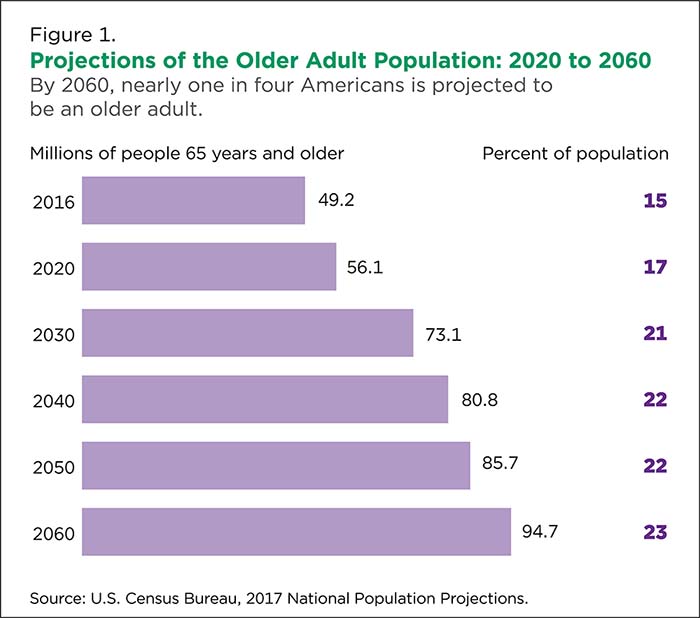Your Eyes and Ears, Add Life to Years
Our family wishes yours a happy and healthy 2024! In the year ahead, we will continue sharing useful educational information which supports you making well-informed hearing healthcare decisions. Your readership of our informative blogs is appreciated, with important feedback and questions welcomed. We seek to serve and being In the Know is what you deserve.
Clearly, best corrected hearing and vision assists us in comfortably navigating daily surroundings. In fact, life’s soundtrack and beautiful sights enrich experiences and stimulate our minds. From casual conversations to dining out or favorite hobbies, the sensory delights which audio and visual acuities deliver sensory delights should not be taken for granted.
Imagine a personal experiment, within the confines of your home, where:
- Day 1, you wear ear plugs which block sounds from being heard.
In this case, Audio cues are lacking. - Day 2, you wear dark glasses that prohibit seeing doorways, furniture, and numerous obstacles.In this case, Visual cues are absent.
- Day 3, you wear ear plugs and dark glasses, so both sensory cues are missing.
In these 3 scenarios, especially Day 3, managing activities of daily living would be challenging and perhaps unsafe. For a moment, ponder how difficulties involved might strain your brain to work harder. Upon reflection, is someone in your circle of life negatively affected by these forms of sensory deprivation and are they getting trusted advice?
10s of millions of North Americans are estimated to have various degrees of hearing OR vision loss. Further, hearing and vision loss prevalence increases as we get up in years.
- Presbycusis or Age-Related Hearing Loss is “estimated to affect approximately two-thirds of Americans aged 70 or older.” 1
- Regarding vision, a sizable percentage of individuals have cataracts, macular degeneration, diabetic retinopathy or glaucoma.
From a Public Health perspective, the United States Census Bureau’s view on Demographic Turning Points: Population trends 2020-2060 indicates that by 2030, 73.1 (21%) million people will be 65 years old +.

With a rapidly aging population, a rapidly growing cohort will have both Hearing and Vision Loss, commonly called Dual Sensory Loss (DSL).
Gradual hearing loss is often invisible, being (when noticed) “seen” as an incurably normal part of the aging process. Advocating for Better Hearing is Better Healthcare goals, we should look out for lifestyle related Warning Signs. Are you or a loved one noticing these sensory struggles? Think other people mumble?
- Hear people talk, but have difficulty understanding the words?
- Have trouble hearing in crowds or when background noise is present?
- Ask others to repeat themselves often?
- Lack confidence in and avoid social situations?
To the point, we want you and your loved ones to be Happy to (see and…) Hear!
As you see an Ophthalmologist or Optometrist for annual vision diagnostics, realize it is vital for you, loved ones and colleagues to get annual hearing evaluations. In 2024 and years to follow, don’t let Age-Related Hearing Loss (ARHL) be the “sneak thief of sound”.

